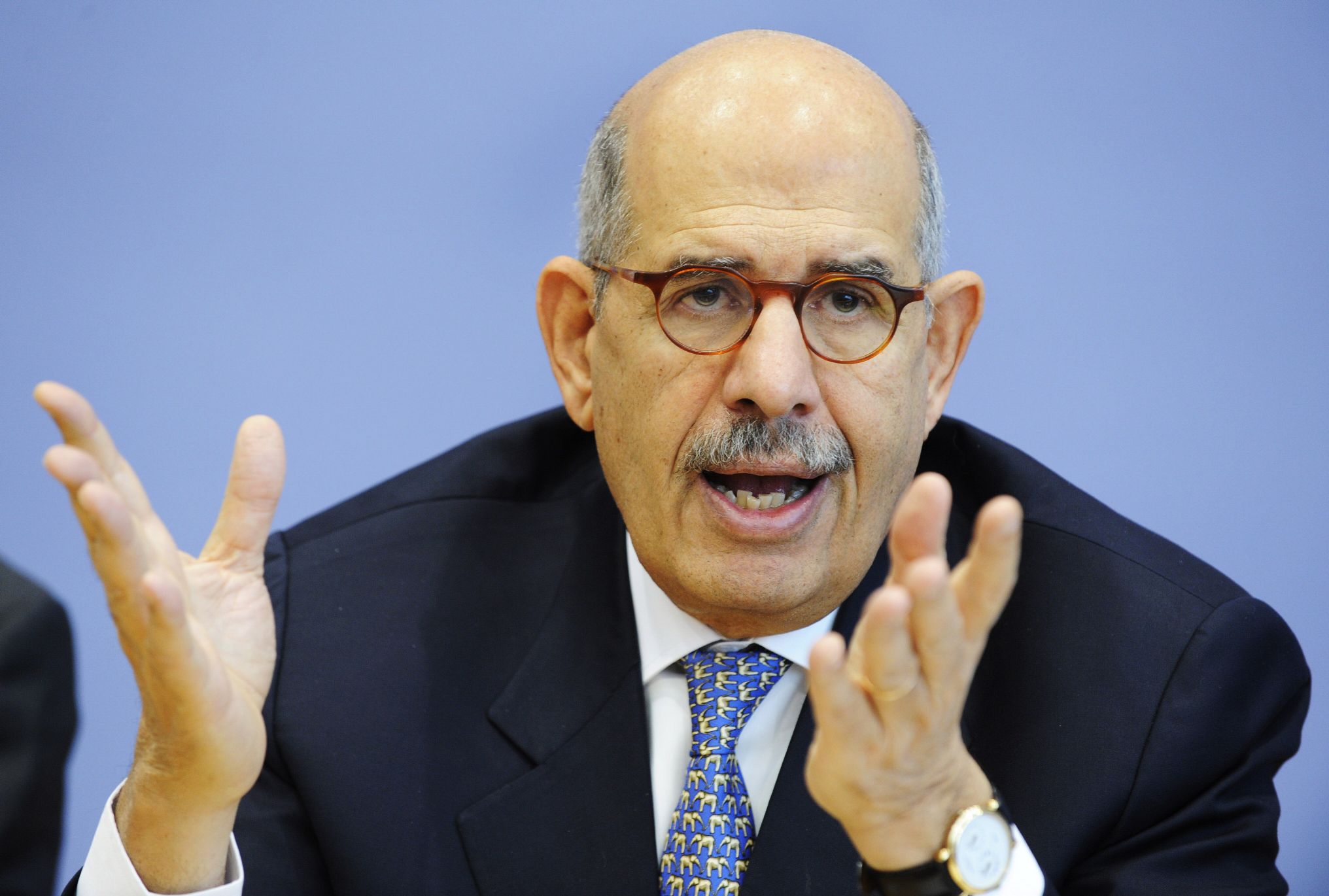A human being will usually need someone to save him from his defeat, or help him overcome it. Hamas position today is different; it needs someone who will save it from its victory. The movement made the mistake of a military victory on June 14th in the streets of Gaza. It won against the Palestinian Authority and its apparatuses, namely Fatah, and now, two months later, it needs to be saved from the burden of its triumph.
This statement is not an exaggeration. Ismail Haniyeh can hold numerous meetings within his government. He can state repeatedly that his is the only legitimate government. He can remind people of the justifications for conducting what its detractors call a bloody coup . He can talk about the chaos that used to pervade Gaza, and the corruption that permeated through the ranks of the Authority and Fatah. He can lay the blame for the blockade on the Israeli enemy, and he can denigrate the biased position of the United States. But Ismail Haniyeh knows that repeating these words will not change a thing.
The opposition can distribute dreams and propel fantasies, but it is also forced to deal with figures. Haniyeh knows that 70% of the families in Gaza are living under the poverty level. He knows that unemployment is 60%, and that approximately one million people are dependant on outside assistance to live. He can go back to what Filippo Grandi, Deputy Commissioner General of the UN Relief and Works Agency (UNRWA), said in Gaza. He said, Gaza risks becoming a virtually 100 per cent aid dependent, closed down and isolated community . Haniyeh does not need someone to supply him with additional details; Gaza s economy is on the verge of a breakdown, and the situation is a warning of tumultuousness that will multiply the feelings of despair and open up the way for the emergence of Al Qaeda and similar groups.
Two months after its military victory, Hamas is discovering that it has become the only authority in a place that is besieged and booby trapped. It is discovering that it does not possess the ability to end the blockade, that its victory has effectively placed it in a state of isolation, and that its traditional alliances cannot help it emerge from this predicament. It is not capable of inflaming Gaza in the face of Israel because the price is high; neither is it capable of a long wait. In this context, perhaps one can understand Haniyeh s statement in which he said he would be willing to sacrifice his premiership for the sake of national unity.
There is one man who can save Hamas from its victory, and that is Mahmoud Abbas. After what happened in Gaza, Abbas has become stronger than he ever was before. He is stronger in terms of addressing Fatah and the apparatus leaders that have fallen, and in terms of addressing Hamas which has fallen into a game of cease and desist and which has recorded a victory with no horizon. He is stronger in addressing the international community which considers him the only acceptable negotiator.
Mahmoud Abbas cannot deal with the Hamas conundrum according to purely Fatah-centric calculations or deceptive politics. On the road to the international conference which George Bush called for and on the way to laying the actual foundations for two states, he must get past the wounds of yesterday. He cannot resign the fate of Gaza even if it is in the throes of Hamas. In return, Hamas cannot rest on the idea of a Republic of Gaza and cannot bet that it is capable of facing this impediment alone.
Mahmoud Abbas cannot deny Hamas sacrifices, nor can he ignore its characteristic of representation or its influence in the Palestinian arena. However, Hamas cannot deny the quagmire it has propelled itself into regardless of its justifications and of the circumstances and activities of its opponents. It was not prepared for the electoral victory that it accomplished, and it is not capable of administering the military victory it seized.
The Palestinian reality is extremely complicated, and the direction of the Arab and international winds is known. Hamas once again needs the cloak it tore off. It needs Abbas cloak, and it has to pay the price in return for salvation from its victory.
Ghassan Charbelis the editor-in-chief of the pan-Arab newspaper Al-Hayat. This article is distributed by the Common Ground News Service (CGNews) and can be accessed at www.commongroundnews.org.


